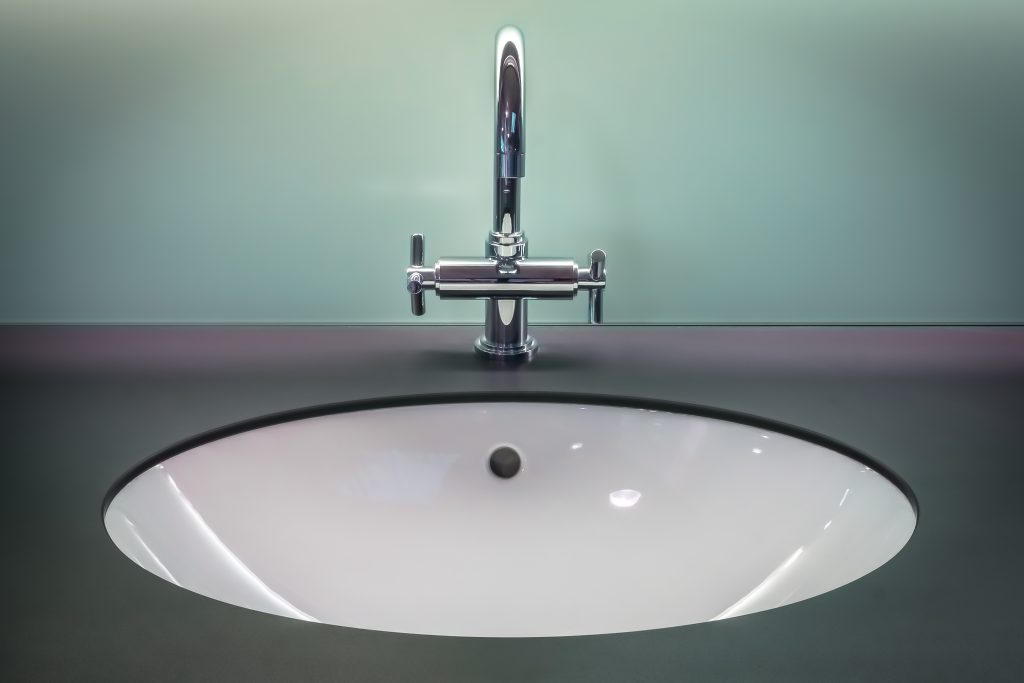You might have wondered if switching to a tankless water heater is worth the time and effort. Are they really more efficient? Will they save money in the long run? What are the differences between how a tankless and a regular water heater run?
What with all the varying opinions out there, it can be tough to decide if a tankless water heater is really what you’re looking for or not. Just knowing the pros and cons might help you decide.

What is a Tankless Water Heater?
Before we get into the pros and cons, however, it’s good to know exactly what we’re talking about.
A tankless water heater is a relatively new concept in the United States, largely thanks to the green movement. It heats water as-needed instead of keeping hot water stored in a tank. When a tap is turned on, cold water travels through the unit and is heated by a gas burner or electric element. For more information, visit energy.gov.
Pros
- Never run out of hot water
- Take up less space
- Can be installed on the inside of cabinets, on walls, or in closets
- More efficient
- Only use up the power needed to heat water at any given moment
- No possibility of flooding
- Last up to 10 years longer than regular water heaters
- Reduces water heating bill
Cons
- Cost up to 3 times as much as a regular water heater
- Gas bill might go up (it supplies the heater with fuel)
- Electric models require more energy, and gas models produce greenhouse gasses
- Hot water is split between all household appliances
- Water needs to be run to heat up, increasing water waste
- Need special piping for installation
- You’ll lose hot water during a power outage with the electrical version
Who Benefits?
Not everyone will benefit from the tankless water heater as much as others will. So though everyone could stand to consider it, not every household is perfectly suited. If you’re wondering if a tankless water heater is right for you, here are a few facts to take into consideration:
- Cost
- Cost runs from $800-$1,150 plus installation as opposed to $600 average for regular water heaters.
- Climate
- Ground water is colder in cooler climates, which will affect the speed and flow of the water).
- Size of Household
- Smaller households who use less water will fare better with tankless heaters. Traditional water heaters puts out 7.5 to 9.5 gallons per minute, which is enough to power at least 3 sources at once—you could be running a shower, the dishwasher, and the washing machine at the same time.
- Tankless water heaters, on the other hand, produce closer to 2.5 to 5 gallons per minute, which is only enough to handle two sources at a time. So if you have a large family, you’ll probably need multiple tankless water heaters…or just to stick to the traditional version.
What Kind Should I Install?
Where is the best place to put your new tankless water heater? Residents of colder areas might want to consider putting their unit inside to protect it from freezing during the long, harsh winters. Southern California residents might be safe having theirs installed outside without too much concern.
Another thing to consider is brand. Some of the most popular are Takagi and Noritz, both of which have the stamp of approval from Energy Star (the international standard for energy-efficient products). Looking for a brand that has the Energy Star stamp of approval will make your home that much greener.
Make sure you get the right size—as mentioned earlier, smaller households won’t need as much output as larger homes with a lot of usage do. Before you make any decisions, it will be in your best interest to consult a professional. Companies like Always Plumbing and Heating will have more information about what size or power of water heater you might need, or if it’s just better for you to stick with the traditional heater.
The US Department of Energy has said that tankless water heaters are more efficient than the traditional, but how much more efficient depends on the size of your tank and how much hot water you use. The efficiency might not quite outweigh the cost if you don’t use it enough, so be sure to consult with the experts before you jump on the bandwagon.
Whether you choose to switch to a tankless water heater or stick with your tank, make sure you’ve done your research. Remember that if you do choose to go tankless, you may end up relying on a pump that works well to ensure that your water is always the right temperature. You may want to consider working with a professional like Slater H & Son Pty Ltd to prevent ever running into issues in this area. Ultimately, the choice is completely up to you.


I liked the part of your article that talked about what kinds of families would benefit better from a tankless water heater. My expecting fiancee and I recently moved into a luxury condominium after pooling our savings together, and we’re pretty much ready to start our family here. With one on the way, I’m certain that a tankless water heater will be just enough for all of us, so I’ll look for a plumber that can help me get one.
https://www.garysplumbingservice.com/water-heater